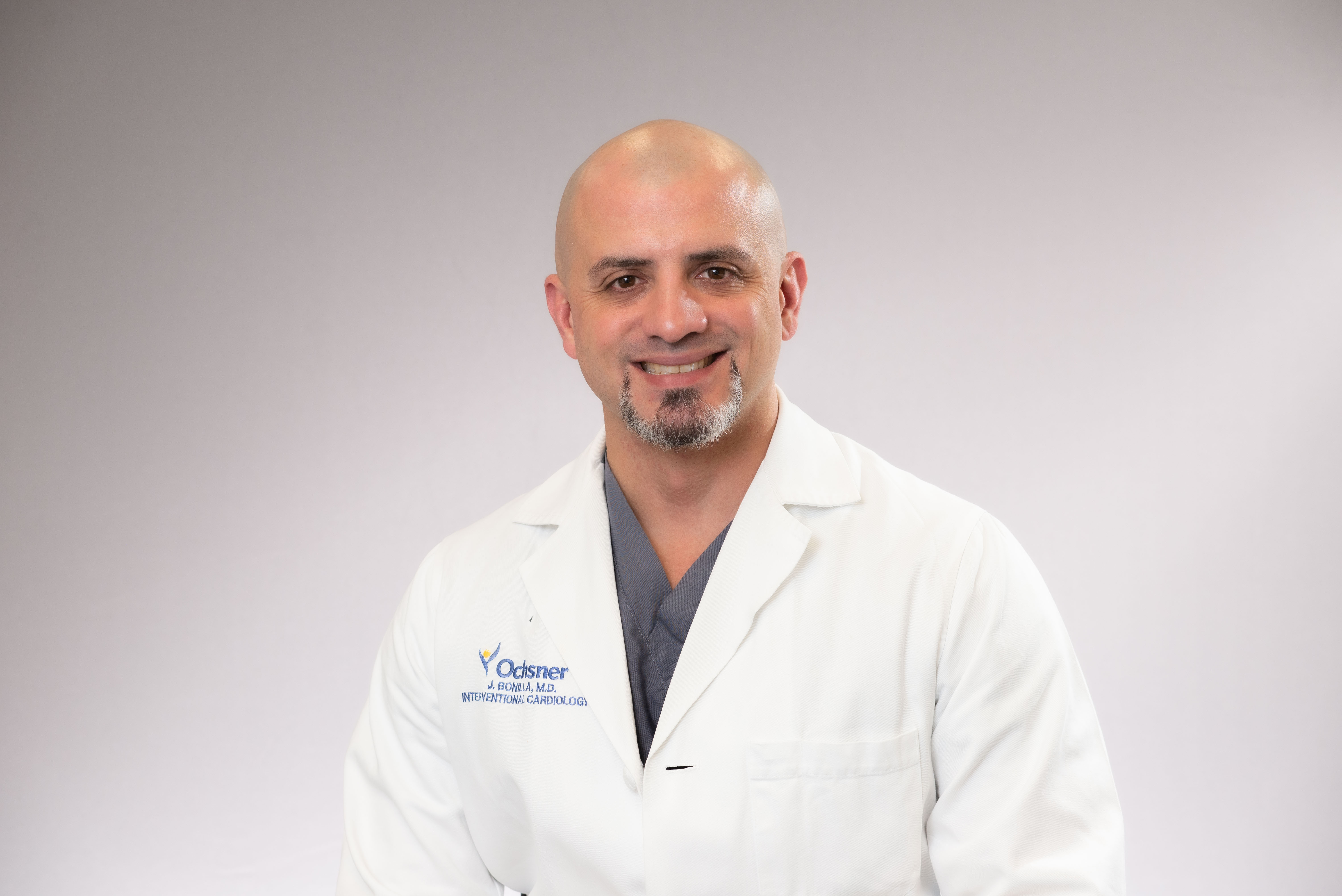An all-ages screenings guide for men’s heart health
Published 8:21 am Saturday, June 18, 2022
|
Getting your Trinity Audio player ready...
|
Keeping your heart healthy has a major influence on your overall health. While some men may be more at risk for heart disease than others due to age, lifestyle, family history or other factors, adult men of all ages should be aware of their cardiovascular health, as well as the choices they can make to improve their quality of life and reduce the risk of heart disease. Screenings are important when it comes to heart health.
An annual physical exam for men ages 18 and up is recommended. Your primary care provider will measure your blood pressure and body mass index (BMI), two indicators of general heart health and your risk for health disease. If your blood pressure falls outside normal levels or your BMI is too high, your doctor may recommend more frequent screenings and strategies to help you achieve healthier results.
Your BMI is calculated using your height and weight. Since your height does not change much over your adult life, maintaining a healthy weight is important to achieving your BMI goal.
Your blood pressure reading consists of two numbers. The first is systolic blood pressure, which indicates how much pressure is exerted against your blood vessels when your heart beats. The second number is diastolic blood pressure, which reflects the pressure against your arterial walls when the heart is resting between beats. Both numbers are important, but more attention is usually given to the systolic blood pressure. It becomes a major risk factor for cardiovascular disease in men over 50. Systolic blood pressure typically increases with age as arteries become stiffer.
No matter your current state of health, your doctor should also talk to you about your lifestyle habits, including smoking, physical activity and diet. Smoking is known to cause serious adverse health effects, including raising your risk of heart disease and should be avoided. Maintaining an active lifestyle and choosing a healthy diet (one rich in fruits and vegetables and lower in sugar and animal products) are also key components of all-ages good health.
Beginning at age 35, your healthcare provider will start monitoring your cholesterol. It may be checked earlier if you have other health problems. If it’s normal, you won’t need a re-check for another five years. If it’s higher and you have other risk factors for cardiovascular disease, your doctor is likely to recommend that you have it checked more often and should help you come up with a plan to improve your results.
Cholesterol is an important substance that your body needs. There are two types of cholesterol: HDL cholesterol is good, and LDL cholesterol is bad. Maintaining a healthy ratio is important, as too much LDL or too little HDL increases the risk of buildup developing in the arteries of your heart and brain, potentially leading to a heart attack or stroke.
Since your liver produces all the good cholesterol your body needs, it’s important to make lifestyle choices that promote a healthy ratio of HDL to LDL cholesterol. This can mean being strategic about which foods you consume, since foods that come from animals contain LDL cholesterol, and fresh fruits and vegetables can lower your LDL levels. Exercise, not smoking and limiting alcohol consumption can also boost your HDL and lower your LDL.
Later in life, around the age of 40 until 64, you should continue to have your cholesterol monitored every few years, depending on your health. Your provider may also encourage you to take a closer look at your current risk level for cardiovascular disease.
From ages 65 to 75, men who have smoked at any point in their lives should receive a one-time abdominal aortic aneurysm (AAA screening). An aneurysm refers to an abnormal widening or ballooning of the vessel due to the weakening of artery walls, and a ruptured aneurysm is a serious medical emergency. This screening, which can be as simple as an ultrasound, can help you and your provider determine if you have an aneurysm that is at risk for a rupture, and if you should consider additional treatment options.
Keeping up to date with yearly appointments and medical screenings can assist with the early detection and prevention of disease, helping you live a healthy life.
To schedule an appointment with Dr. Jonathan Bonilla at Ochsner Health Center – River Parishes, 502 Rue de Santé in LaPlace, please call 985-652-3500 or schedule online at Ochsner.org.





